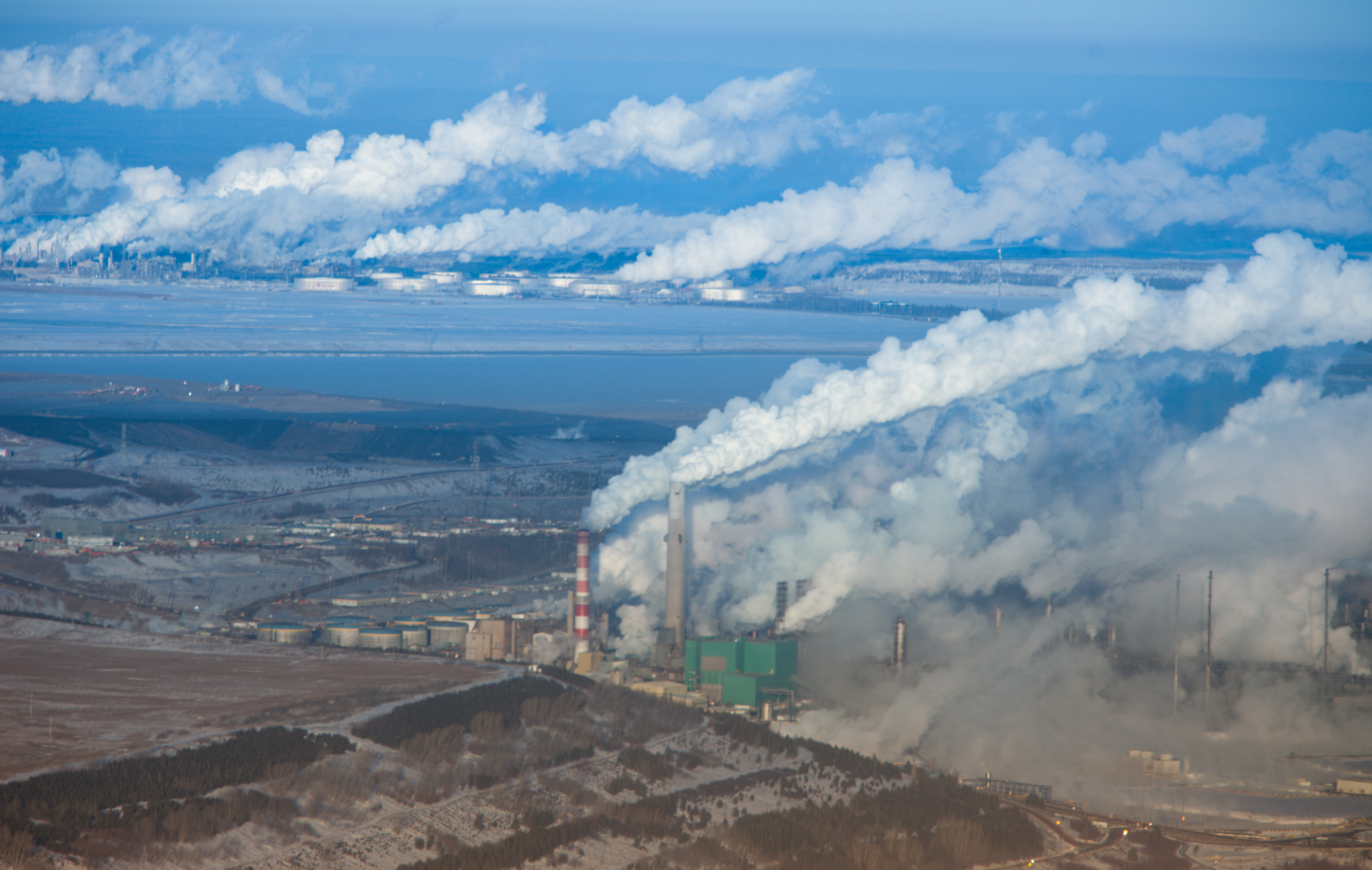Carbon emissions from the energy sector would rise by 60 per cent if lawmakers implemented every policy on the Canadian oil lobby’s election wishlist, a study released Monday found.
The extraordinarily powerful and well-financed Canadian Association of Petroleum Producers (CAPP) is the country’s biggest oil-lobby group, representing major producers, many of which are foreign-owned. The report, published by green charity Environmental Defence, called for leaders of Canada’s major political parties to ignore CAPP’s wishes and push for climate action.
“For the industry to completely ignore the science of climate change and to demand policies that would lead to climate chaos is incredibly irresponsible,” said Dale Marshall, national program director at Environmental Defence.
“In the middle of an election, we’re urging parties to abandon — to disregard — this election wish list, because it really would doom a lot of Canadians to a future that’s less bright than the one we have now.”
CAPP didn’t respond to a request for comment (it has previously said it doesn’t respond to questions from National Observer).
Canadians will head to the polls on Oct. 21, and for the first time this federal election, the climate crisis is a top issue. As global temperatures rise, climate scientists say Canada can expect more extreme weather events like droughts, wildfires and floods. By reducing carbon emissions, governments around the world hope to lessen the degree of warming and therefore reduce the worst effects of the crisis.
But as Canadians increasingly support climate action, CAPP has put out a “Vote Energy” platform, which encourages voters to choose candidates who support the rollback of environmental-protection laws and the expansion of the oil and gas industry.
The lobby group also appears to be engaging in data-collection efforts that would allow it to micro-target its campaigns to key swing ridings, a National Observer investigation found earlier this month. Similar techniques were used in the 2016 U.S. presidential election and the Brexit vote, and CAPP’s American counterpart has said it has used the tactics to block climate policy.
“To me, it all fits together,” Marshall said. “All of this shows one big uber-strategy.”
The climate modelling in Environmental Defence’s report was done by EnviroEconomics, a consulting company that looks at the consequences of environmental policy.
The analysts found CAPP’s election asks would bring significant economic benefit to the sector, but would also make it extremely difficult for Canada to meet its climate goals as outlined by the Paris Agreement.
In 2017, the Canadian oil and gas sector emitted 195 megatonnes of carbon, about 27 per cent of the national total. (For comparison, the oil and gas sector currently makes up 1.4 per cent of employment in Canada and seven per cent of the national GDP, Environmental Defence noted.)
If all of CAPP’s asks were made into law by the next government, the sector’s emissions would rise to 311 million by 2030, a 60 per cent increase.
“If Canada is to meet its Paris pledge, the collective emissions of British Columbia, Manitoba, New Brunswick, P.E.I. and Nova Scotia plus the three territories would have to disappear entirely by 2030 just to make room for the growth in oil and gas emissions” the report says.
“Another option: entire sectors (electricity, heavy industry, buildings or agriculture) would have to eliminate more than they currently emit... The other scenario is one that will likely create runaway climate change.”
The Environmental Defence report also highlights the ways CAPP already influences Canadian policy. Lobbyists representing the fossil fuel industry through CAPP and other groups met with federal officials 11,000 times between 2011 and 2018. During the same time period, industry successfully pushed to kill, weaken or delay environmental policies.
And while CAPP’s member policies have publicly praised policies like putting a price on carbon, CAPP has lobbied for concessions, the report says, citing documents obtained through freedom of information.
“This is a pattern we’ve seen before, of CAPP being the bulldog and allowing companies to say nice, warm words about something or stay silent,” Marshall said.
Marshall said he believes the public increasingly understands Canada won’t be able to avert further warming of the planet by continuing to expand oil production. Whether politicians will agree and act on it in the face of pressure from lobbyists, he said, is less certain.
“What I want to have discussed is for party leaders to tell us that this is an agenda that’s irresponsible,” Marshall said.
“The interests of the oil and gas industry are not the interests of the vast majority of Canadians.”
"Lobbyists representing the
"Lobbyists representing the fossil fuel industry through CAPP and other groups met with federal officials 11,000 times between 2011 and 2018. During the same time period, industry successfully pushed to kill, weaken or delay environmental policies."
Eleven. Thousand. Times. It seems as if CAAP+friends are bound and determined to bring us all down so they can "profit".






Comments